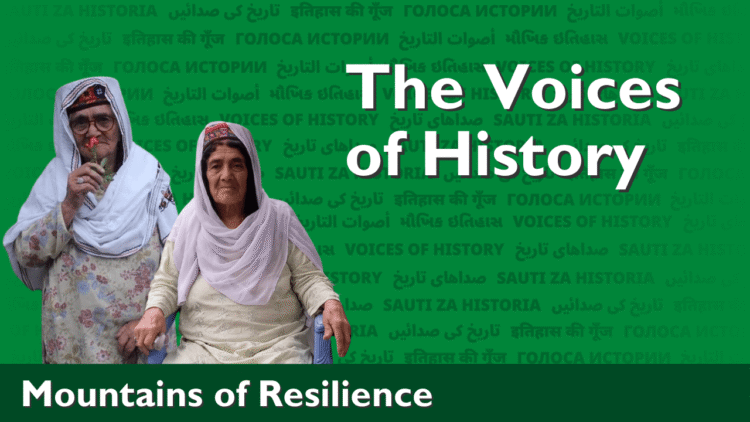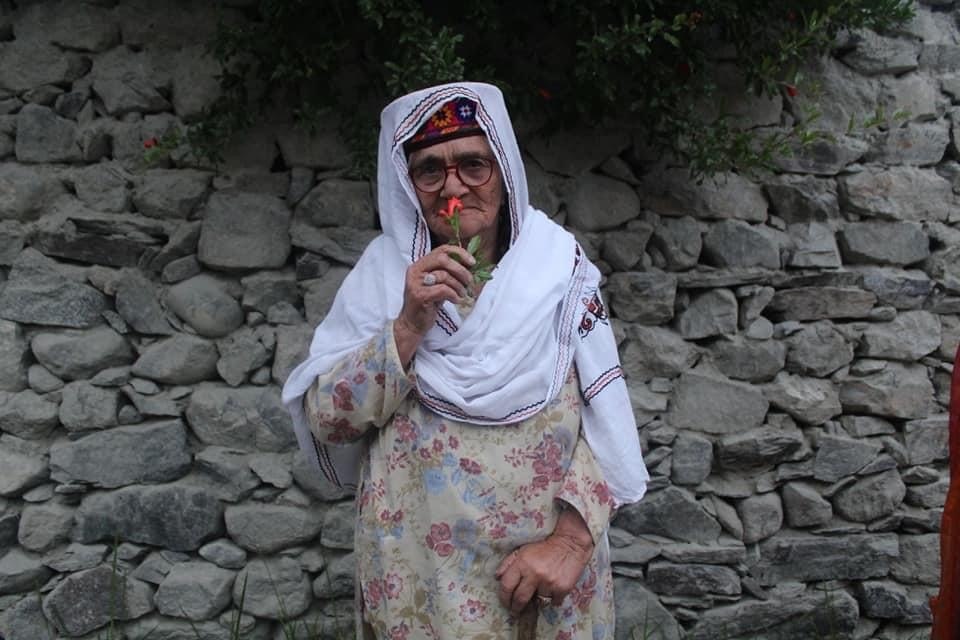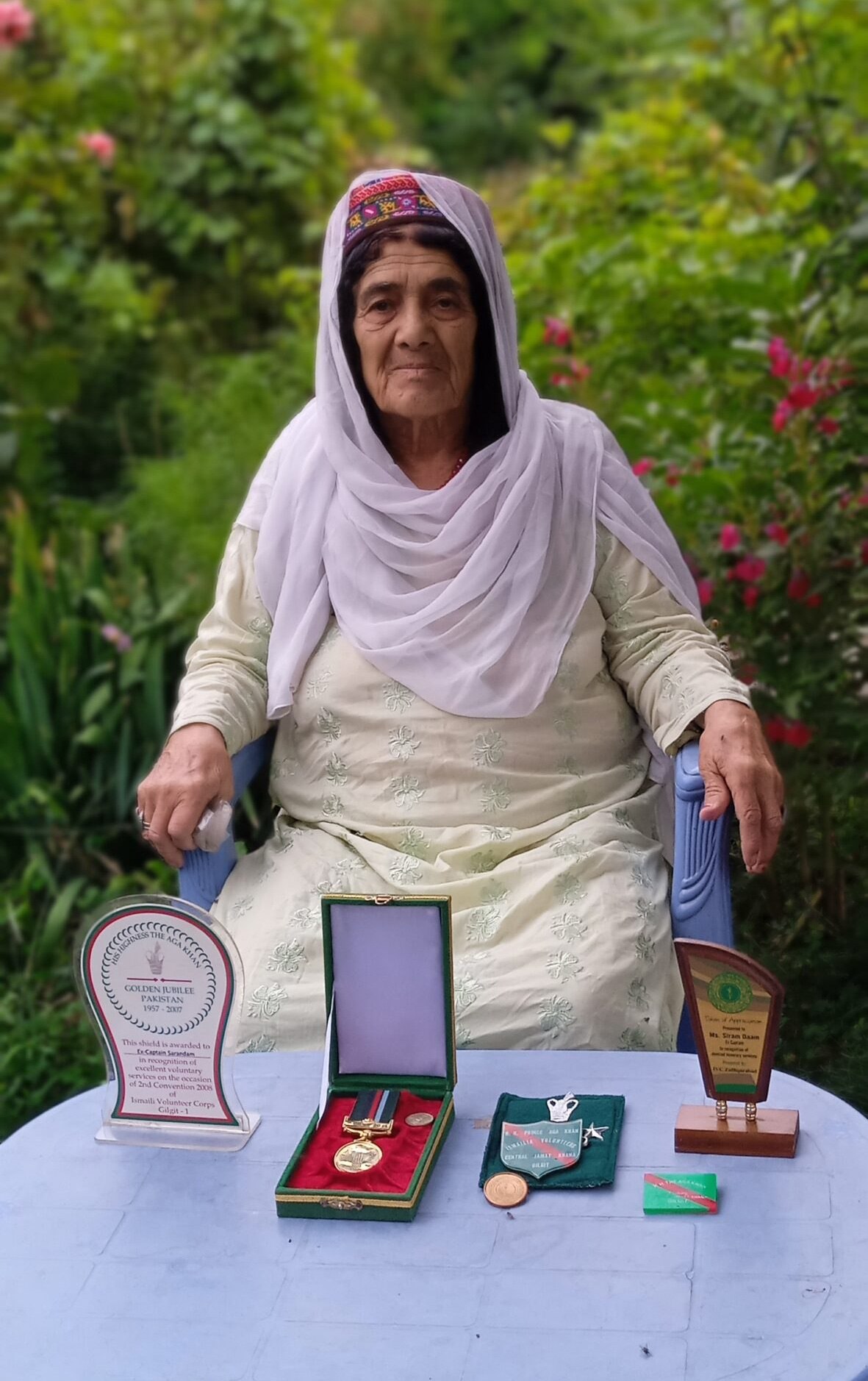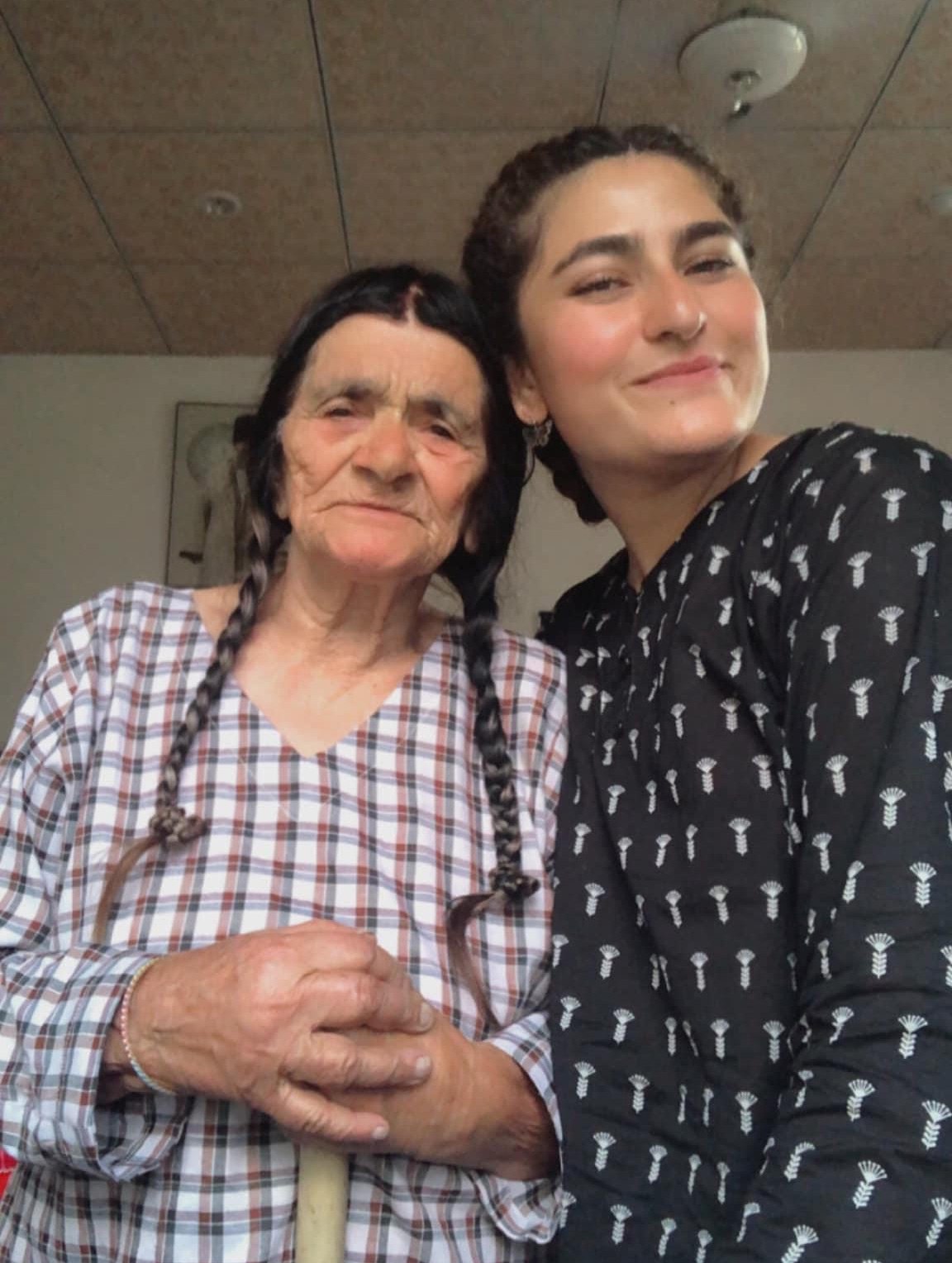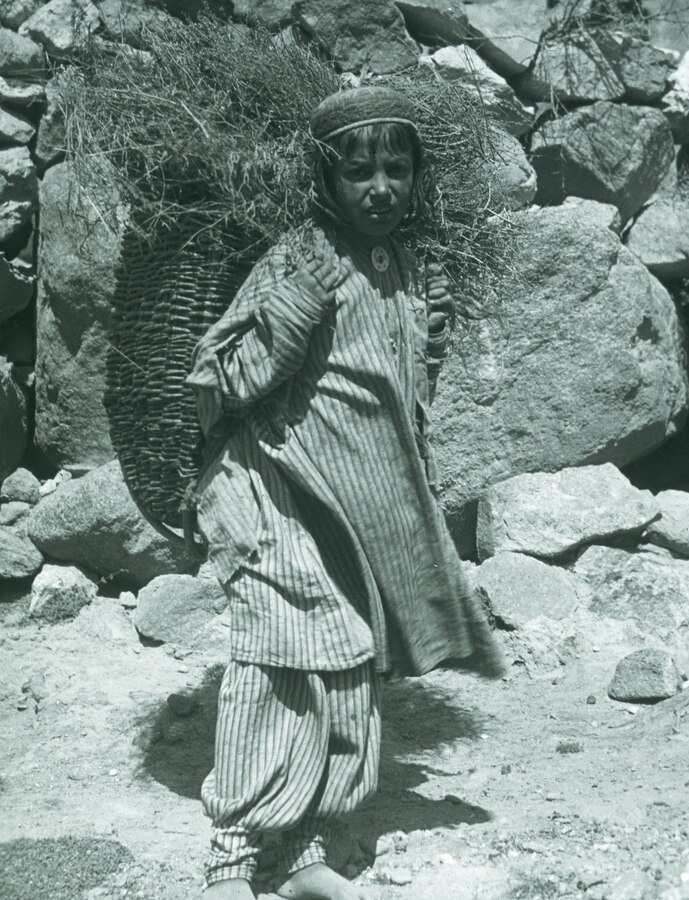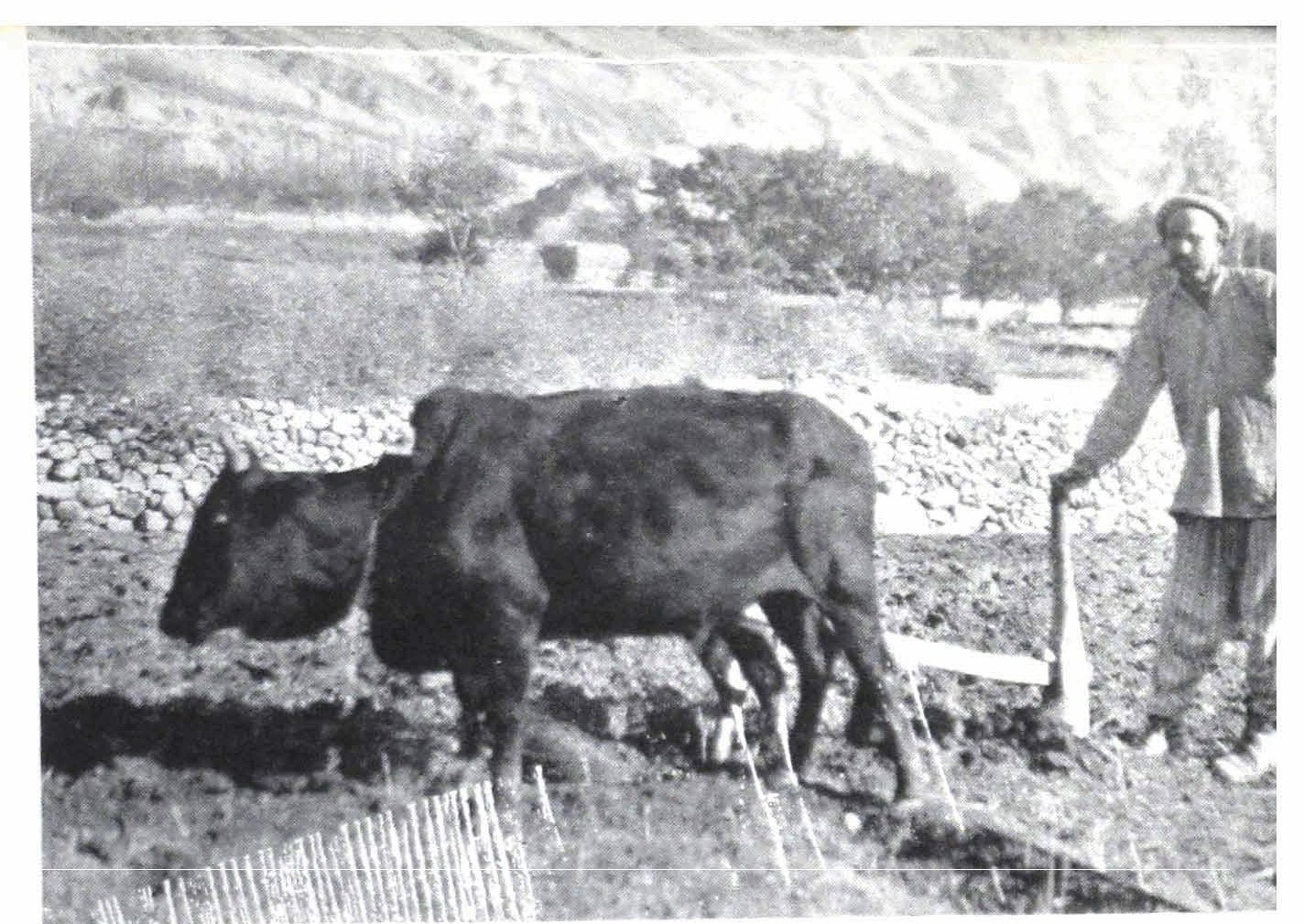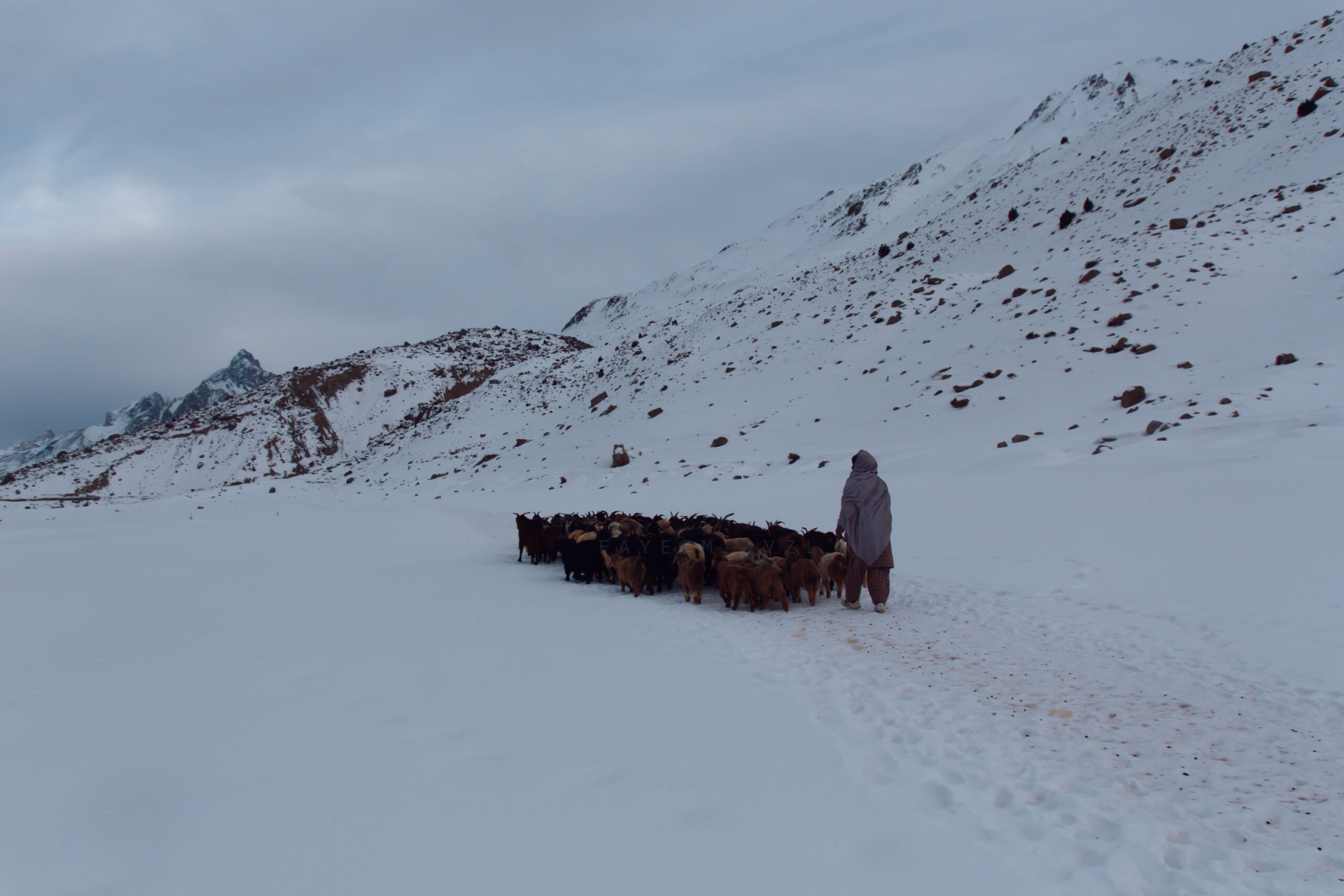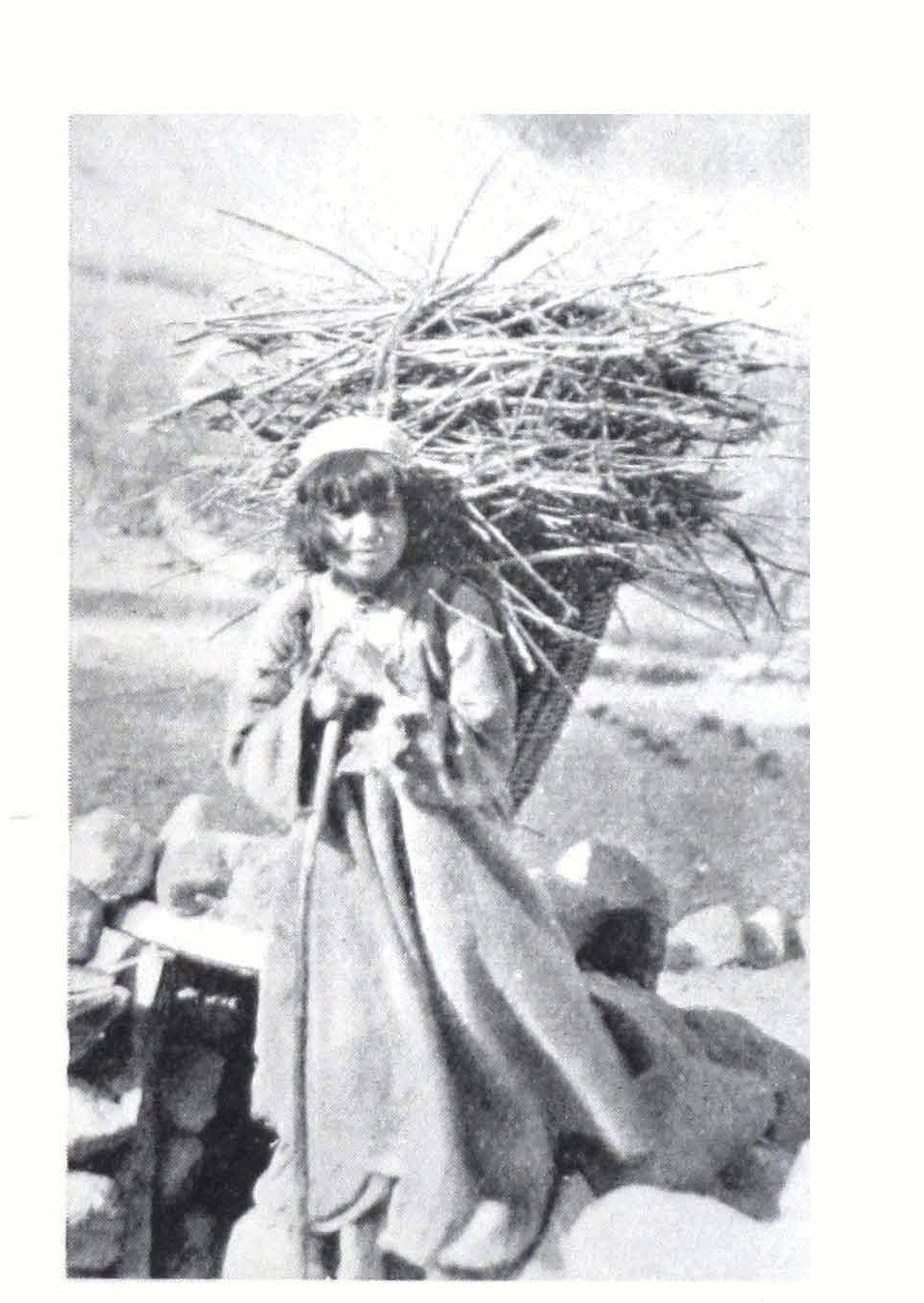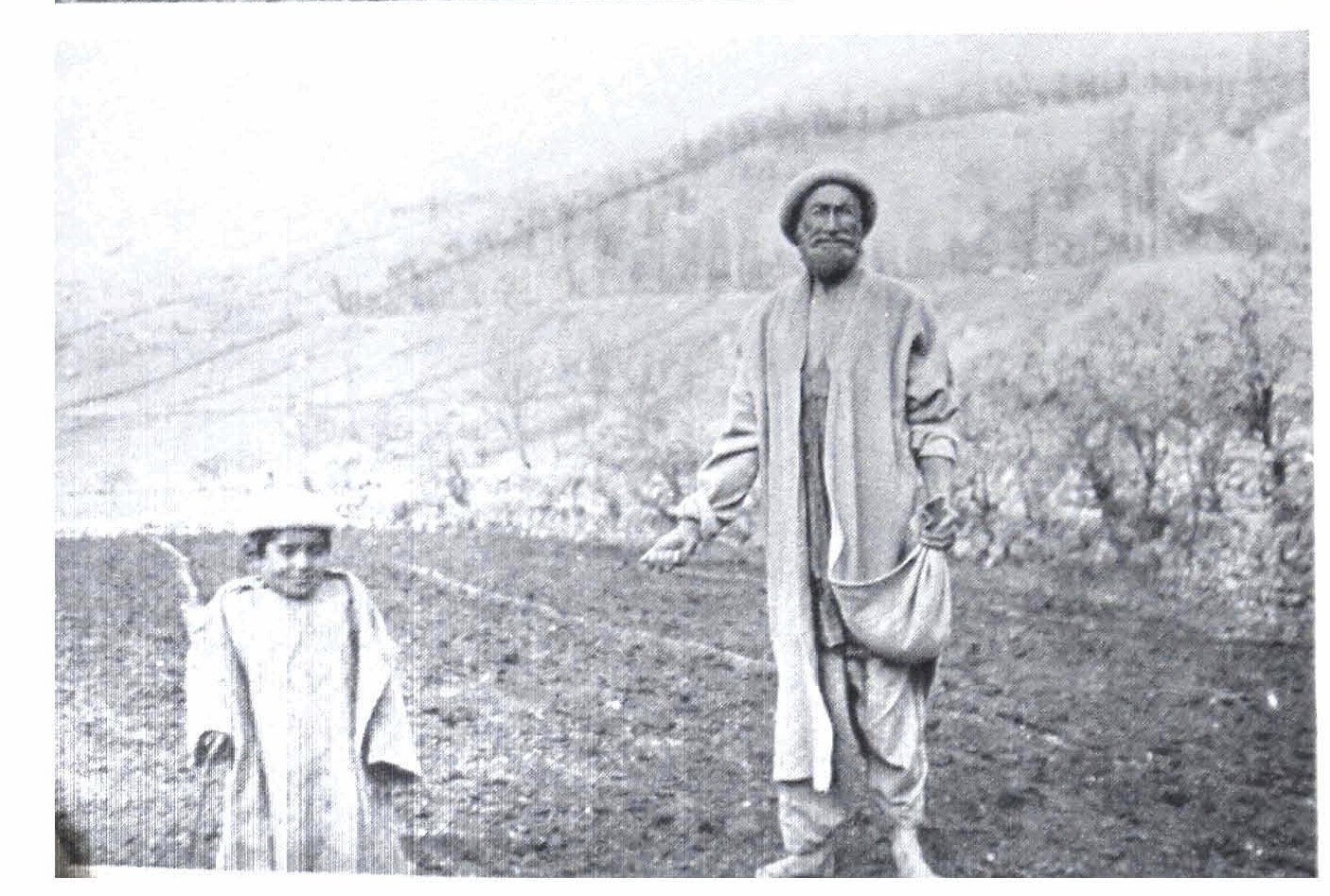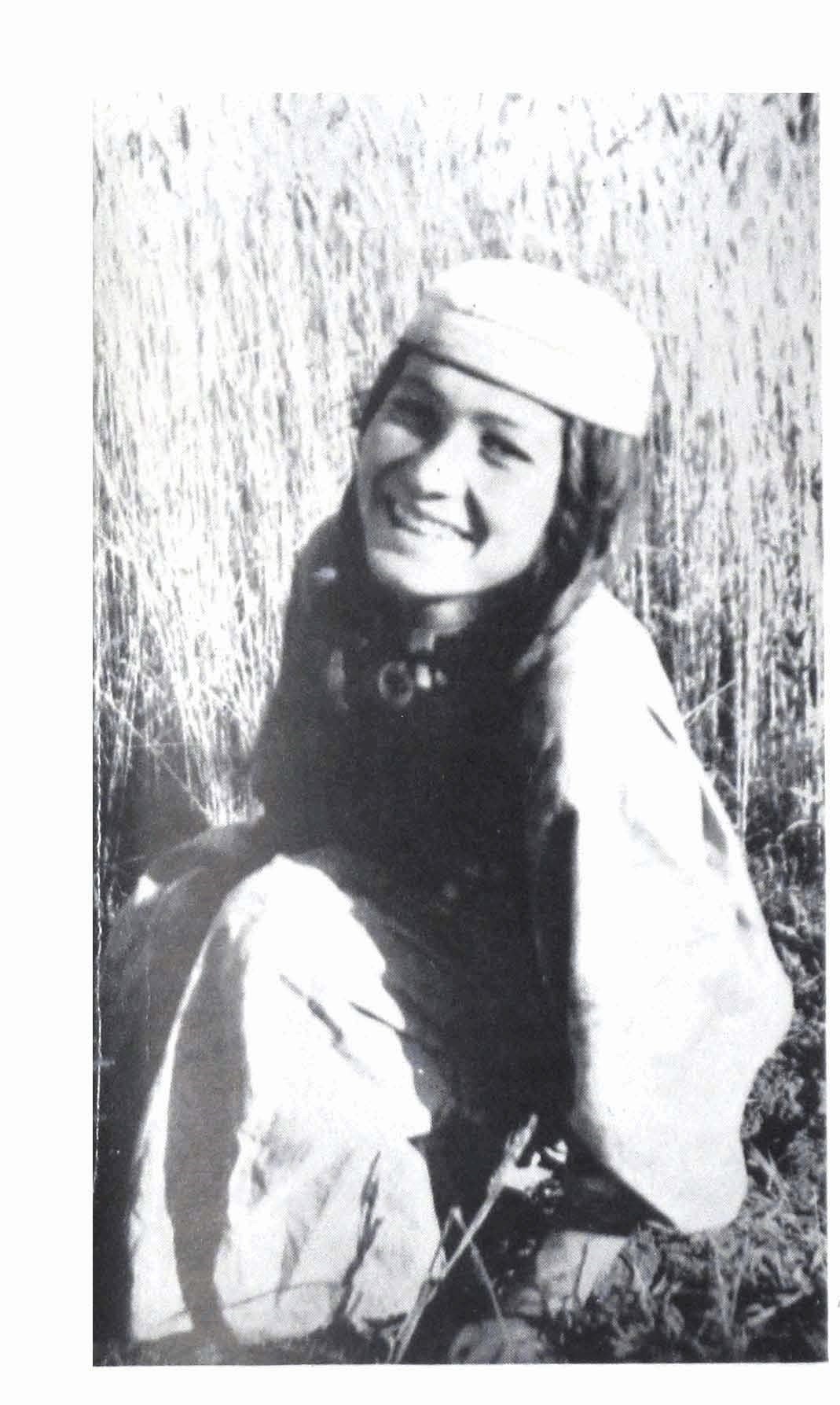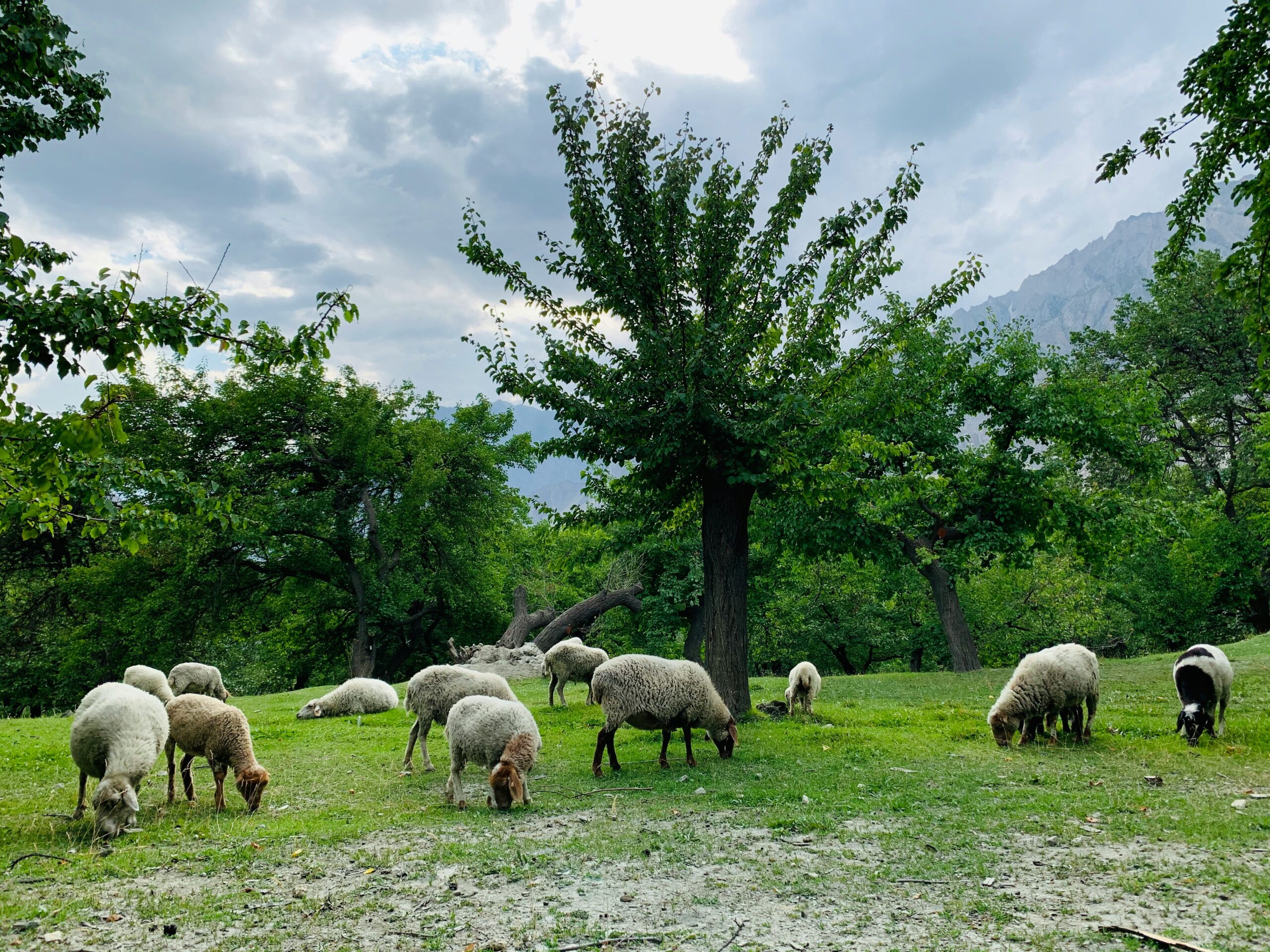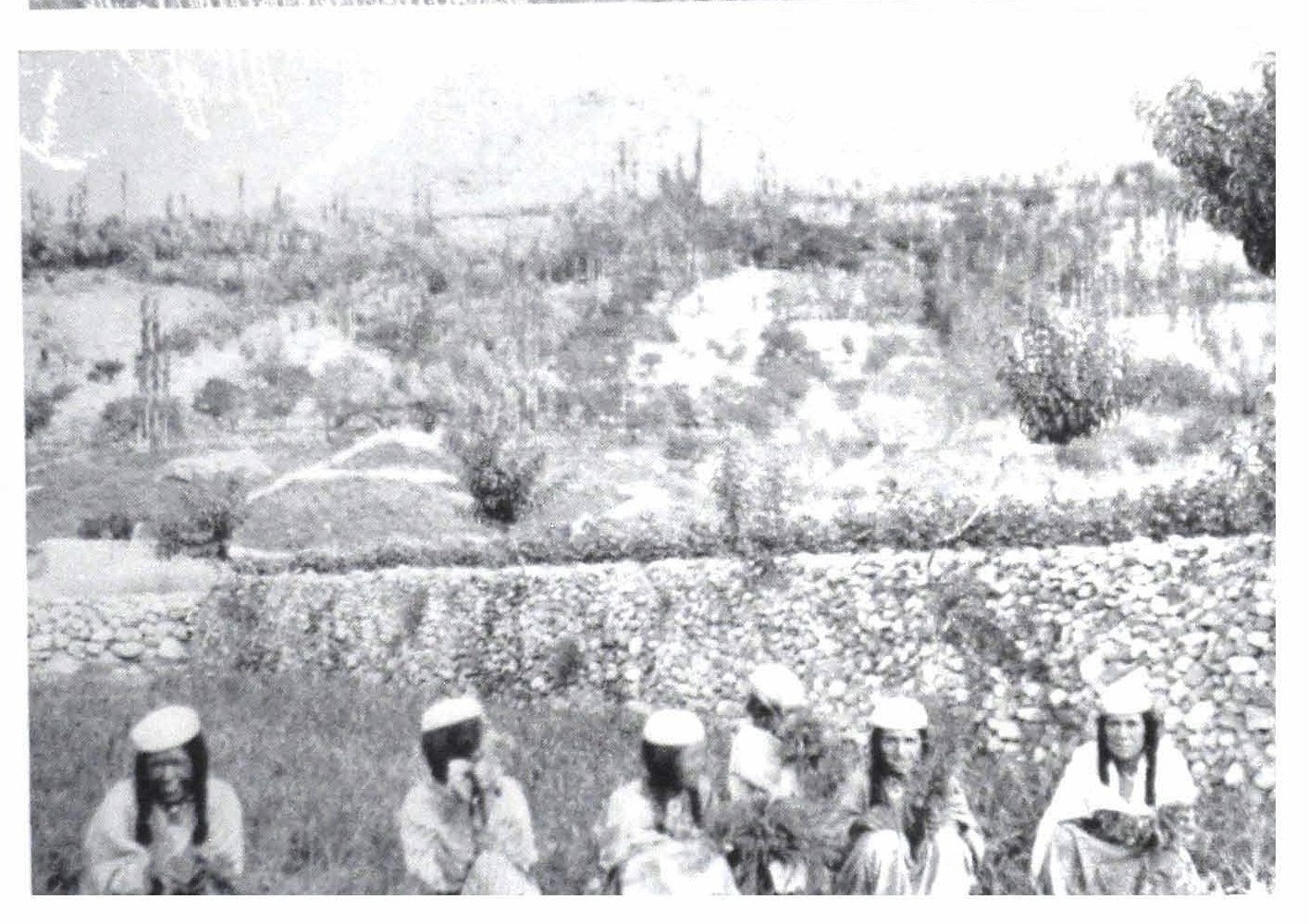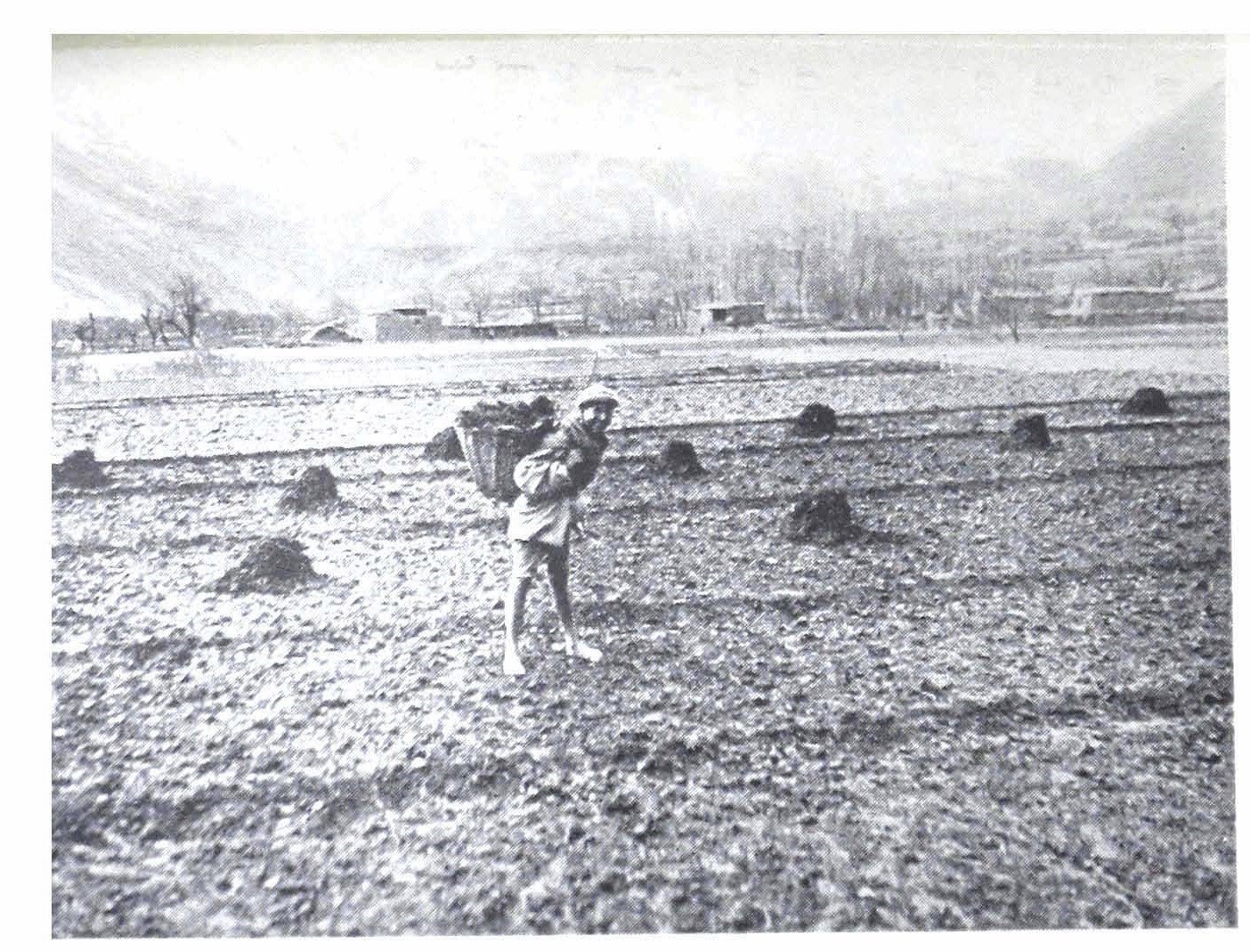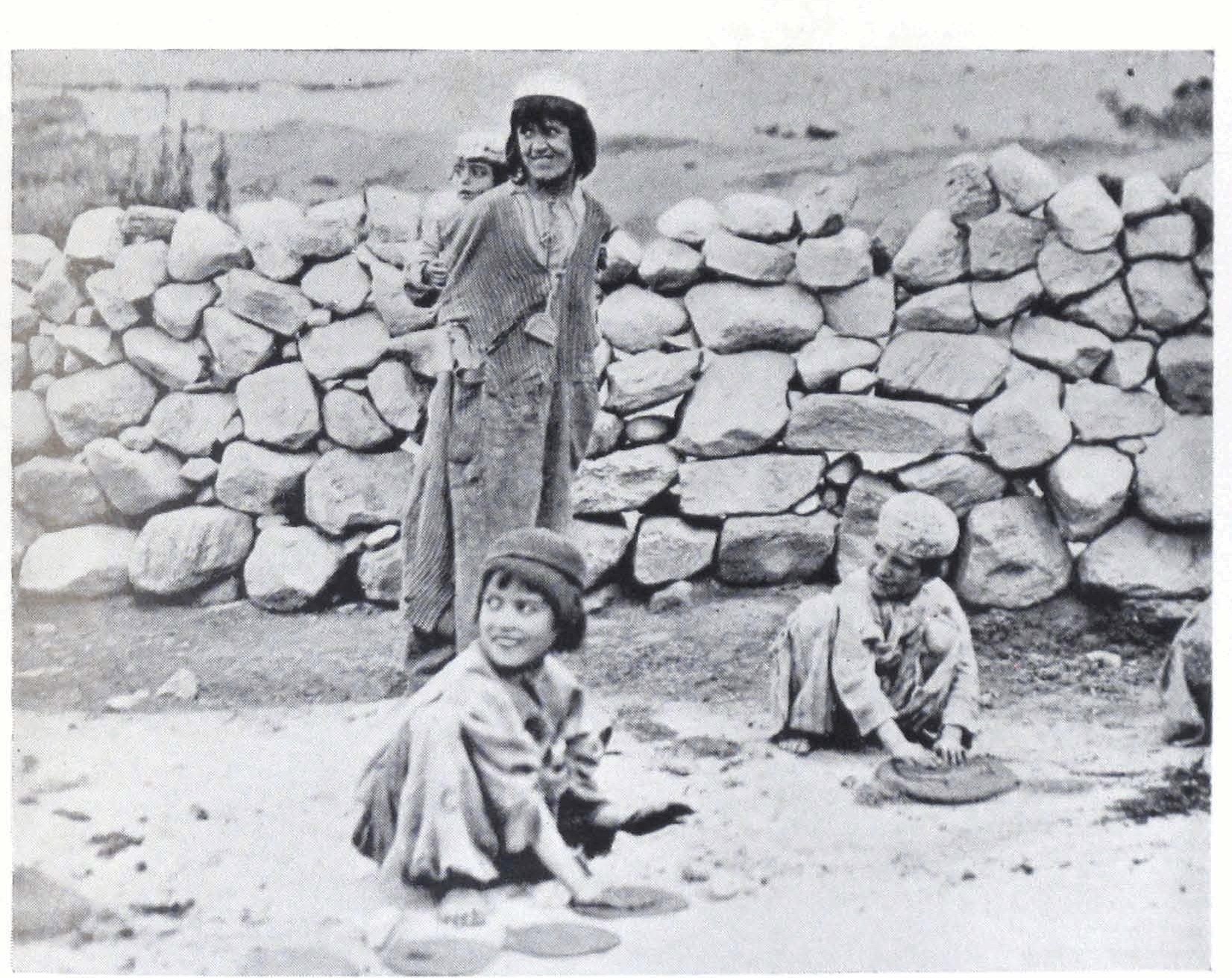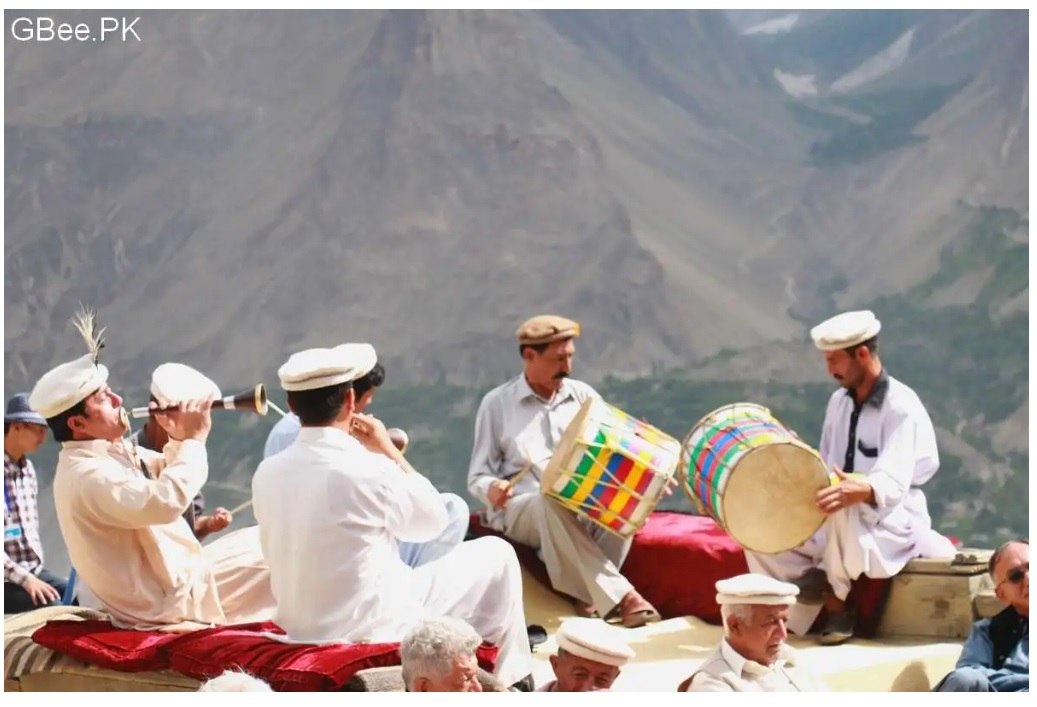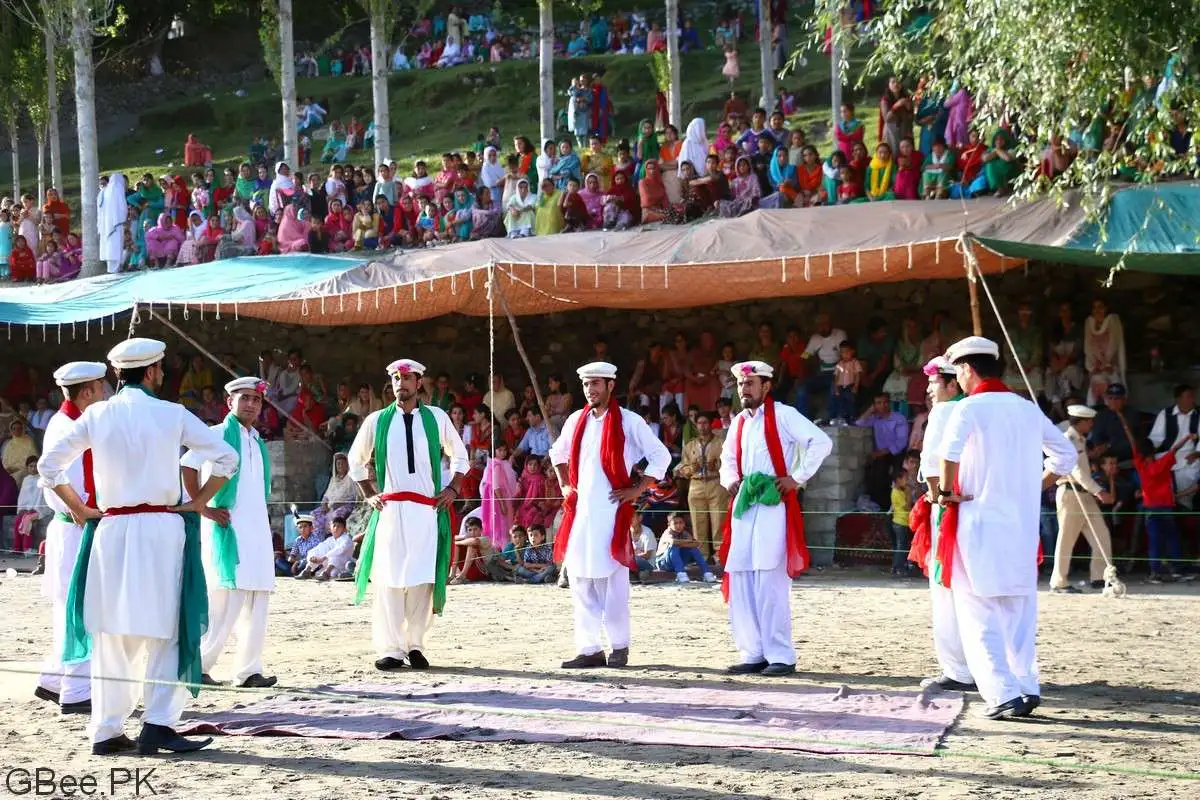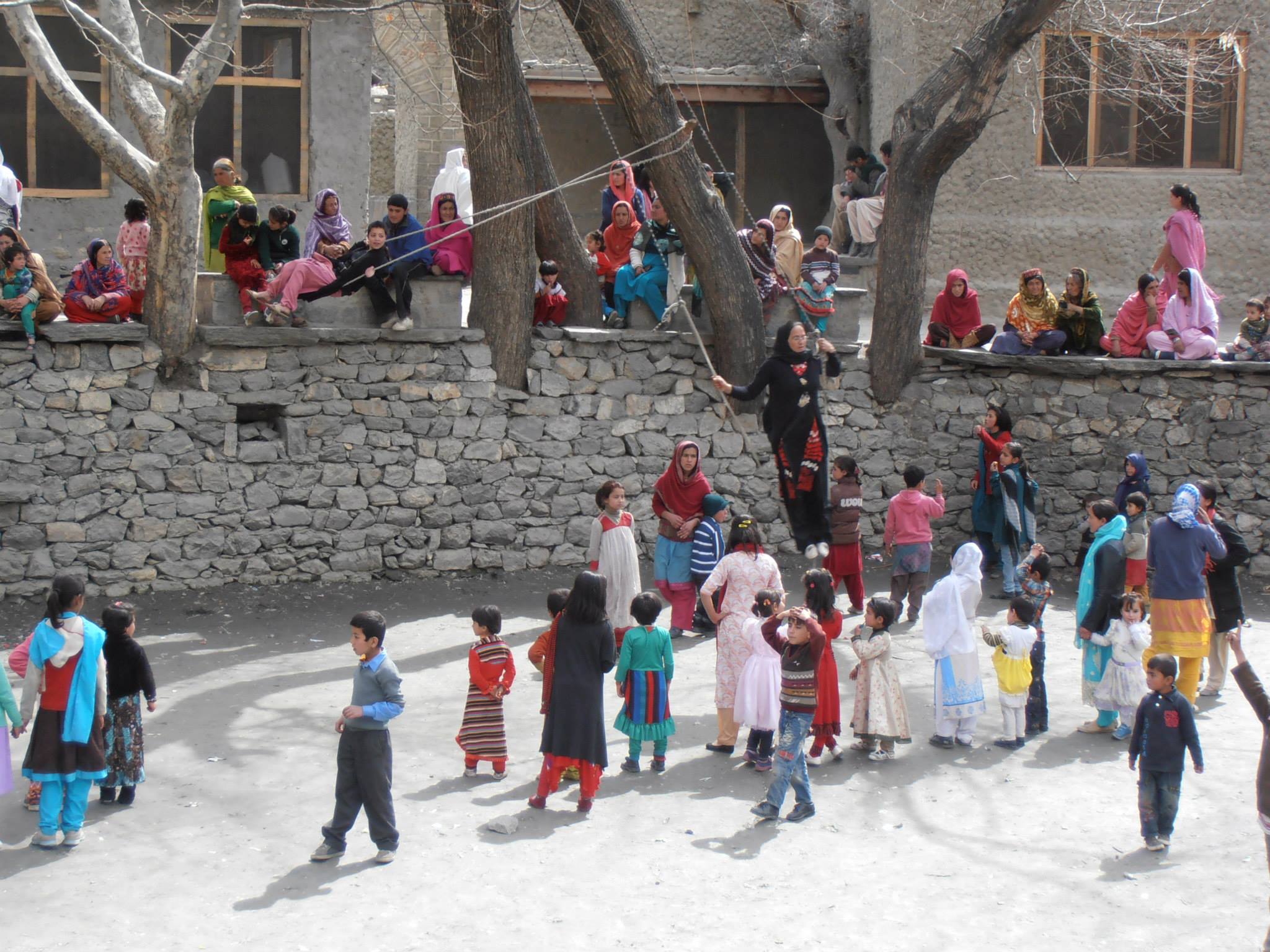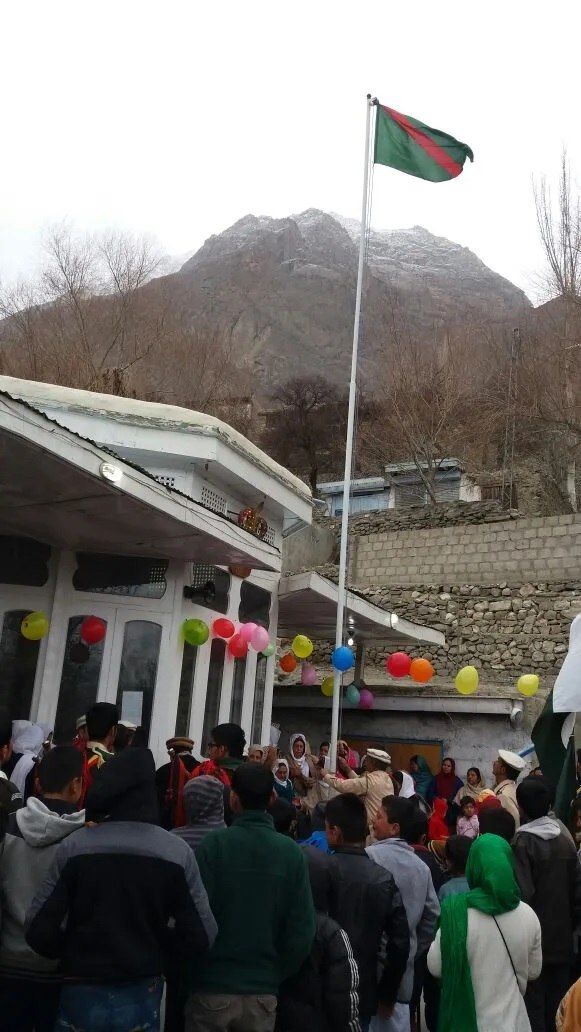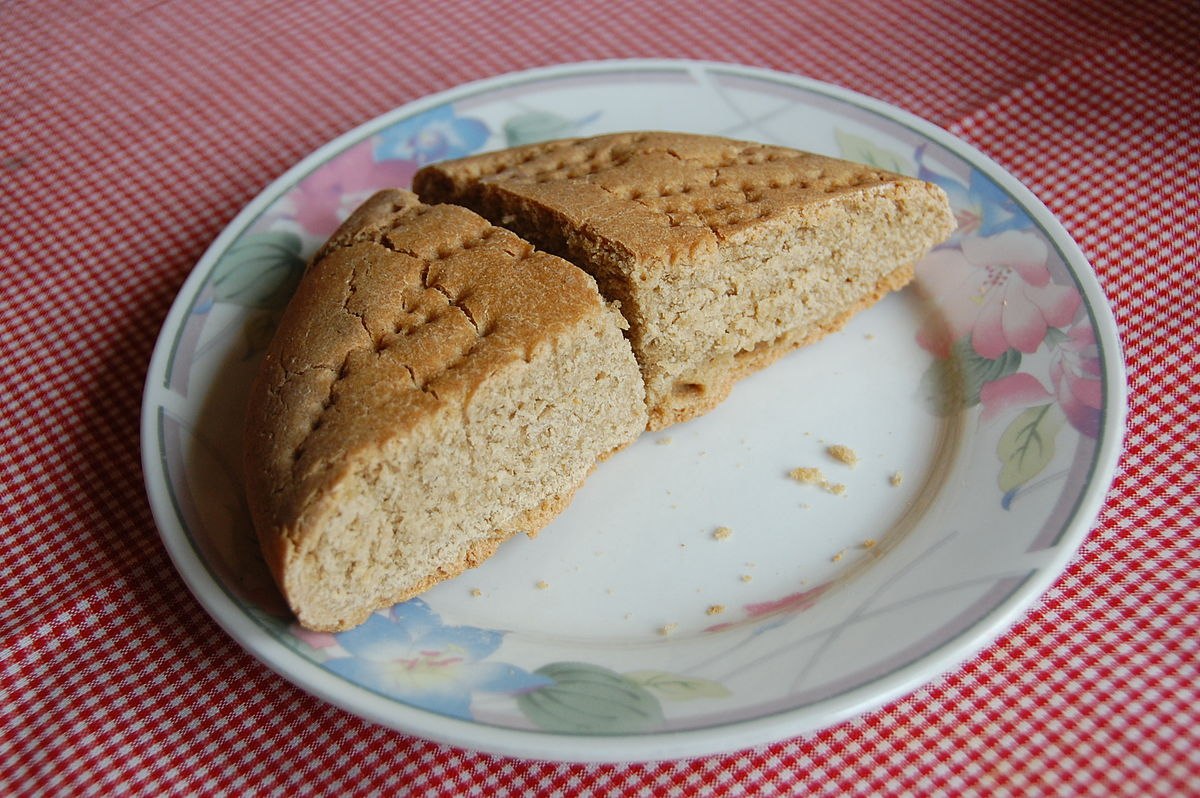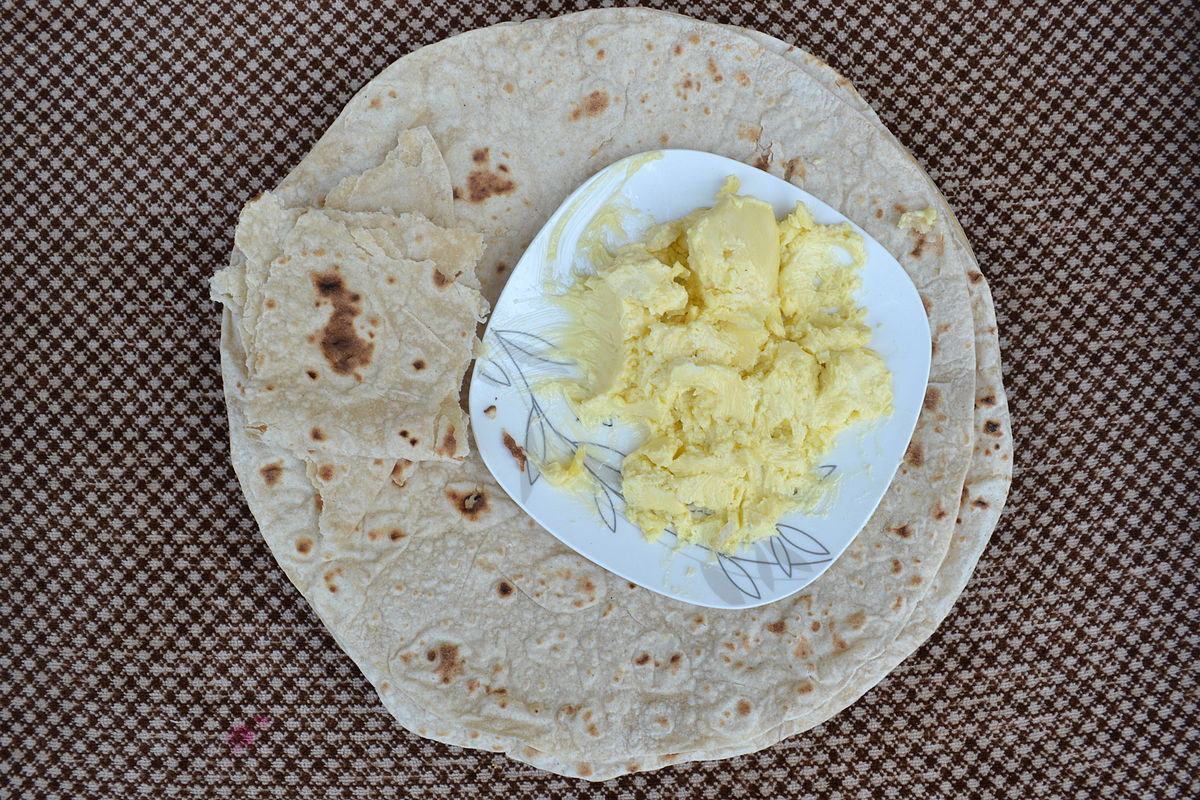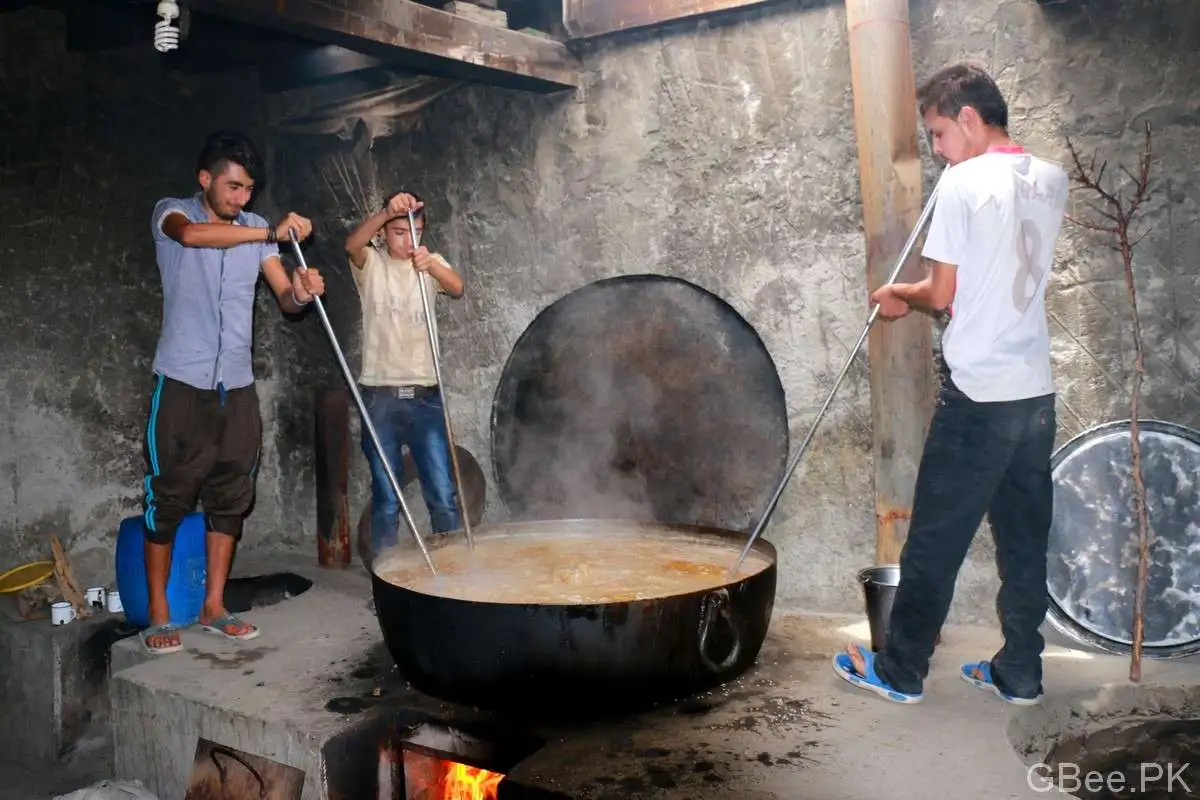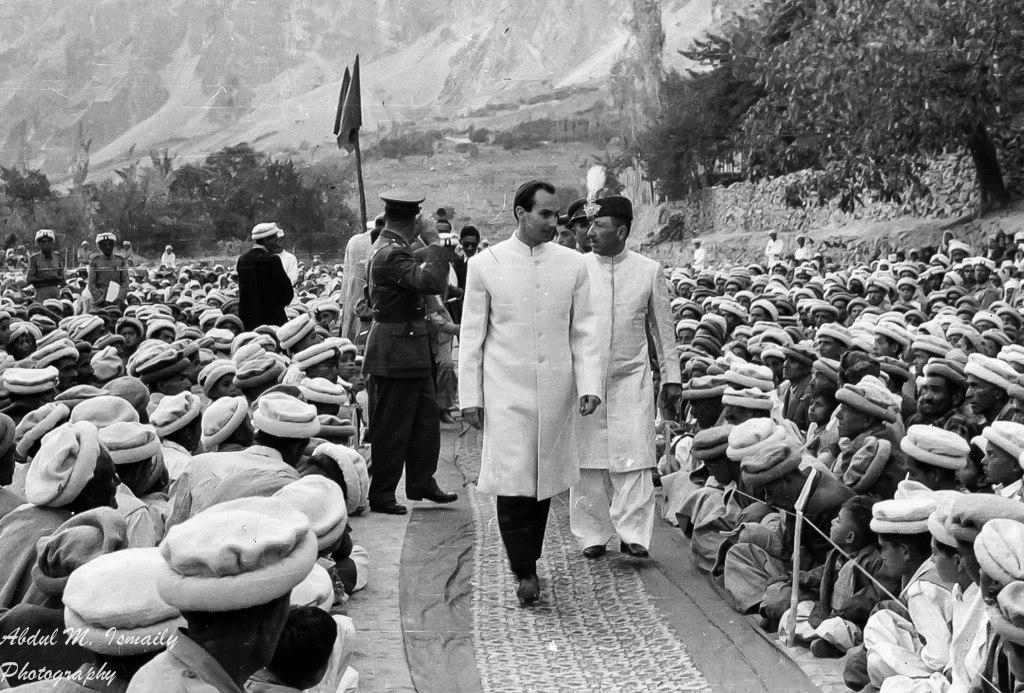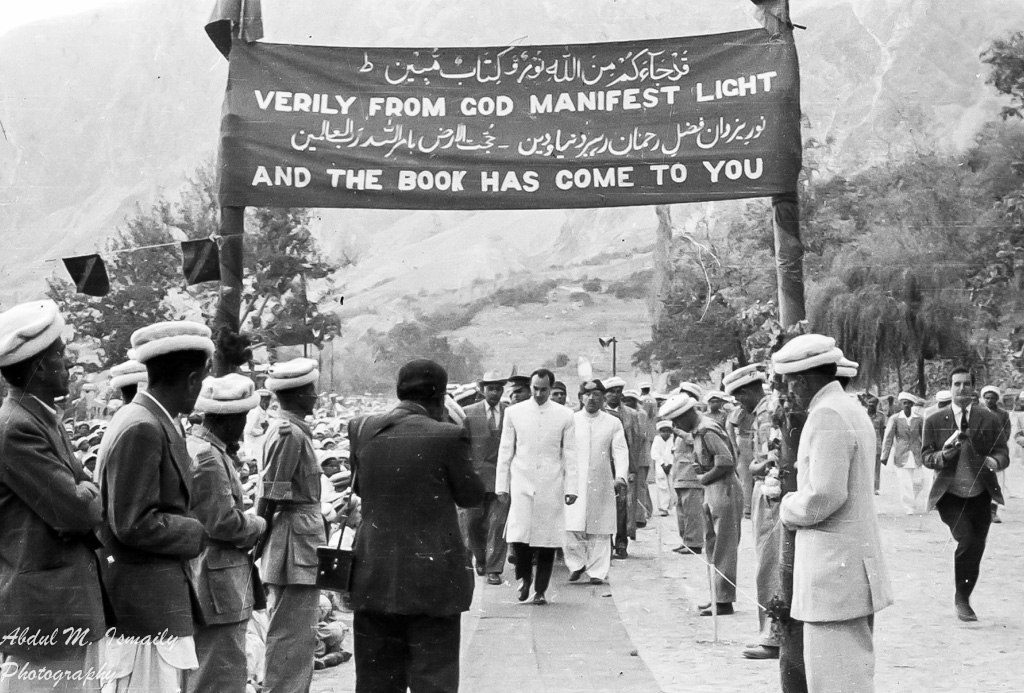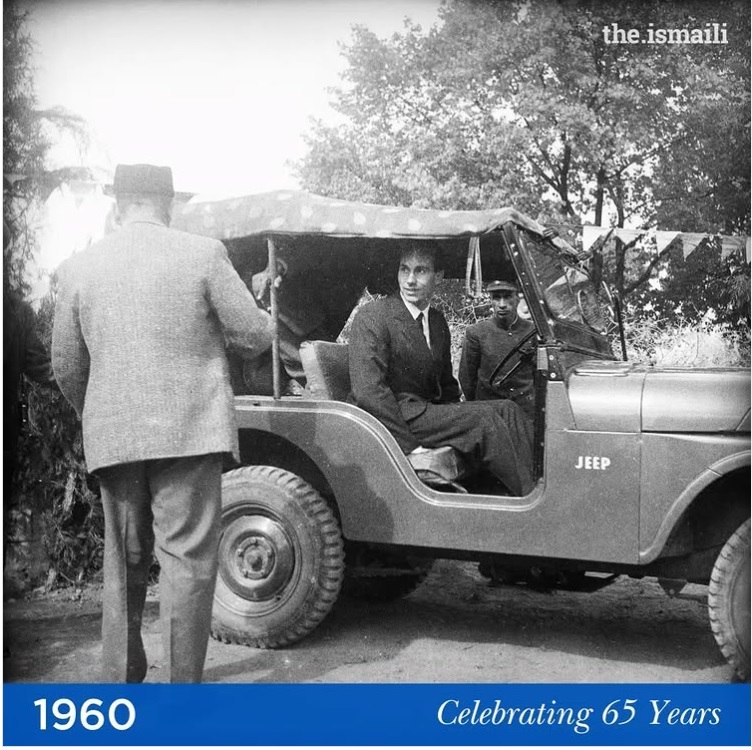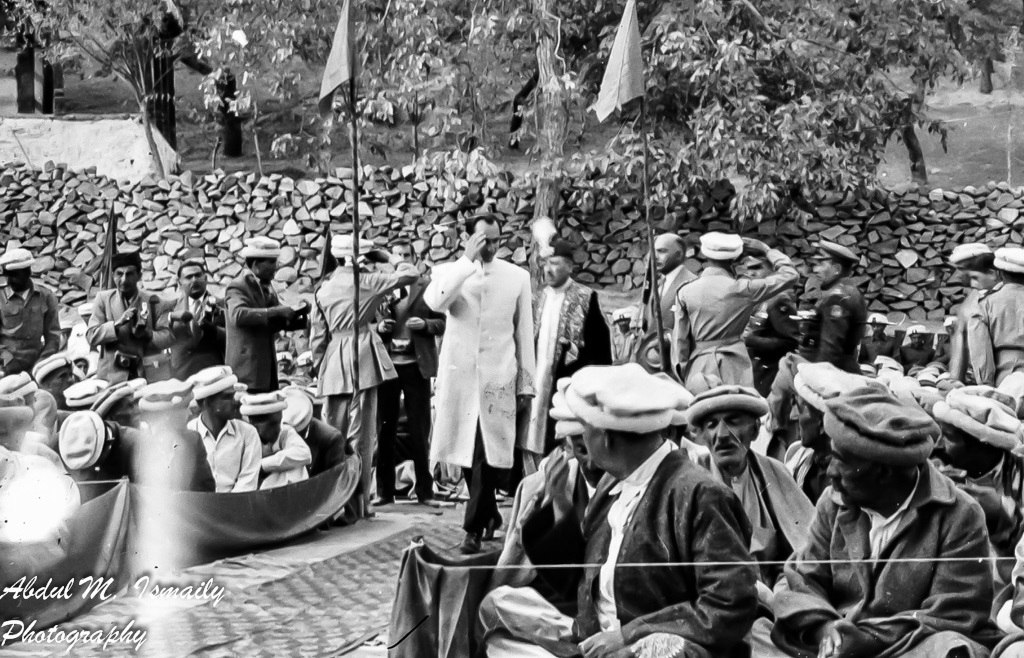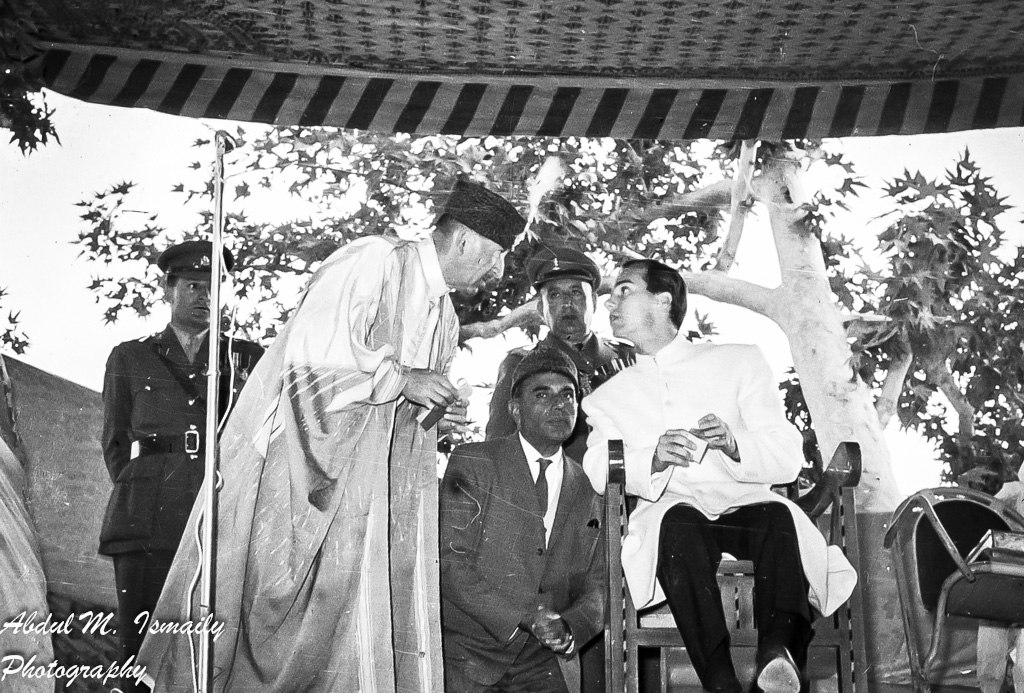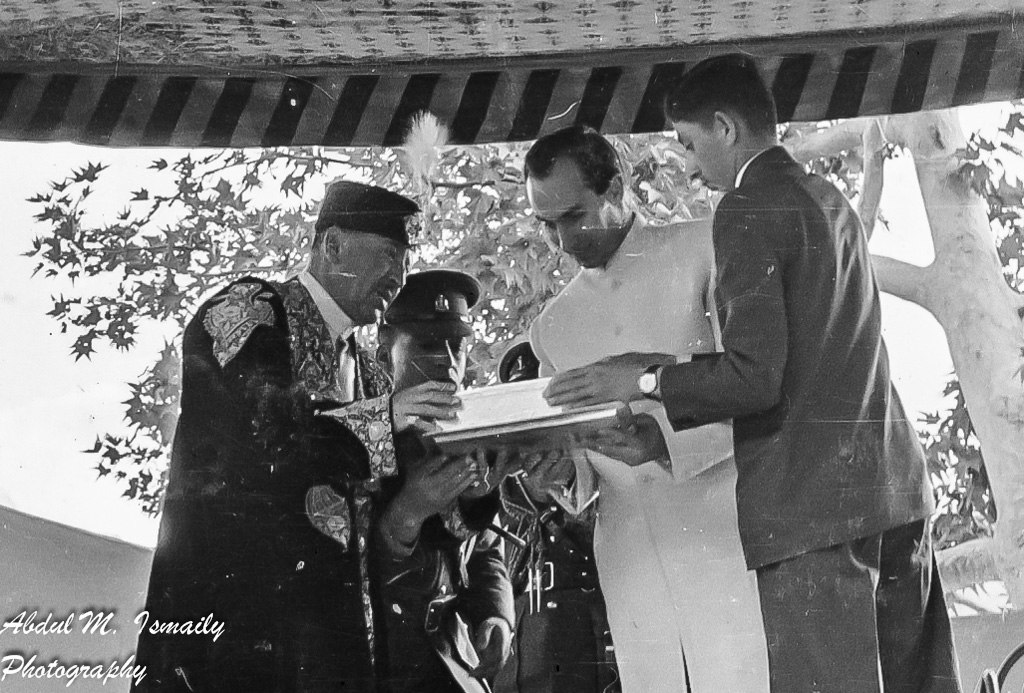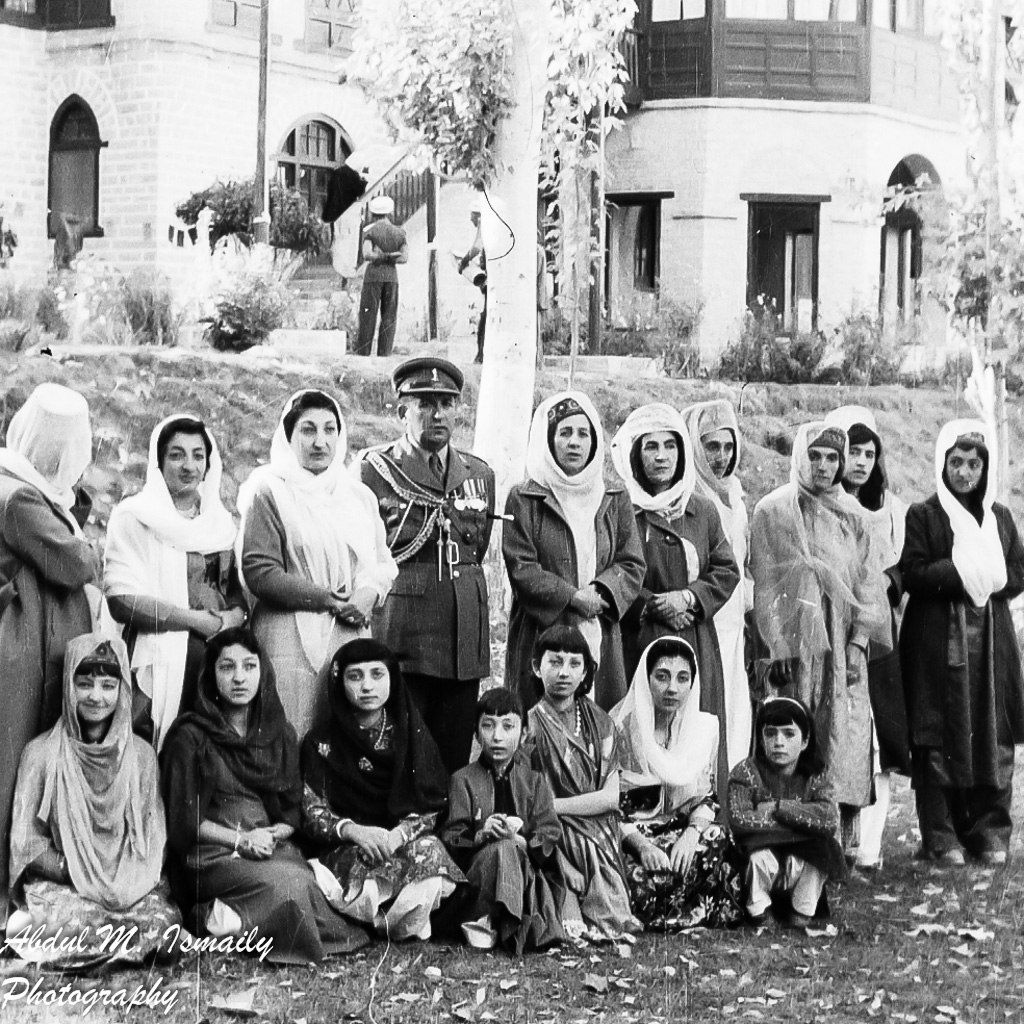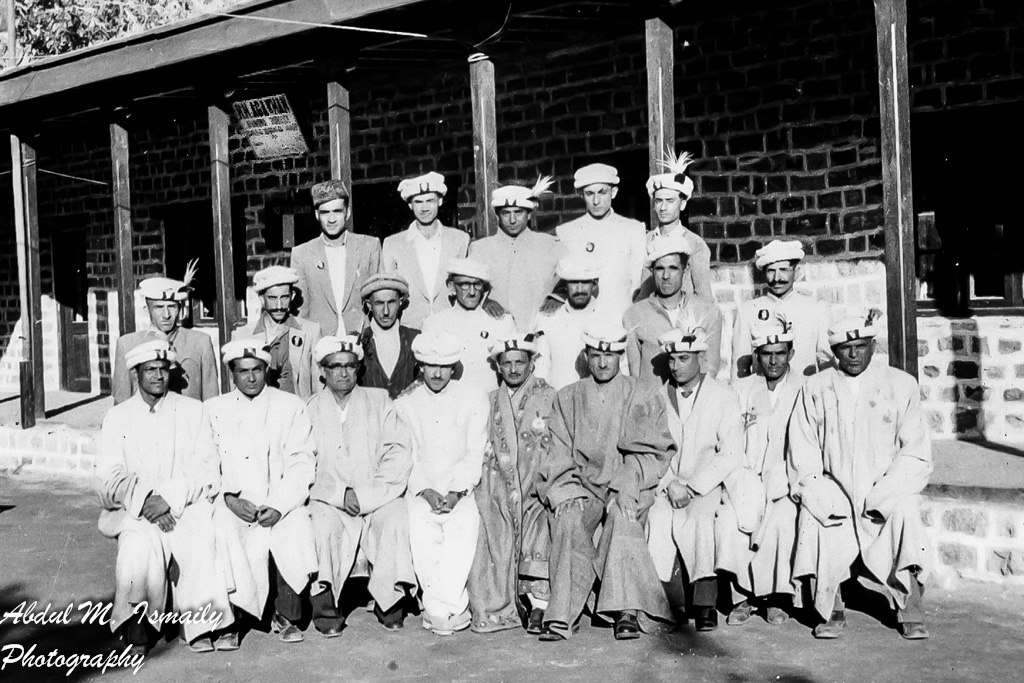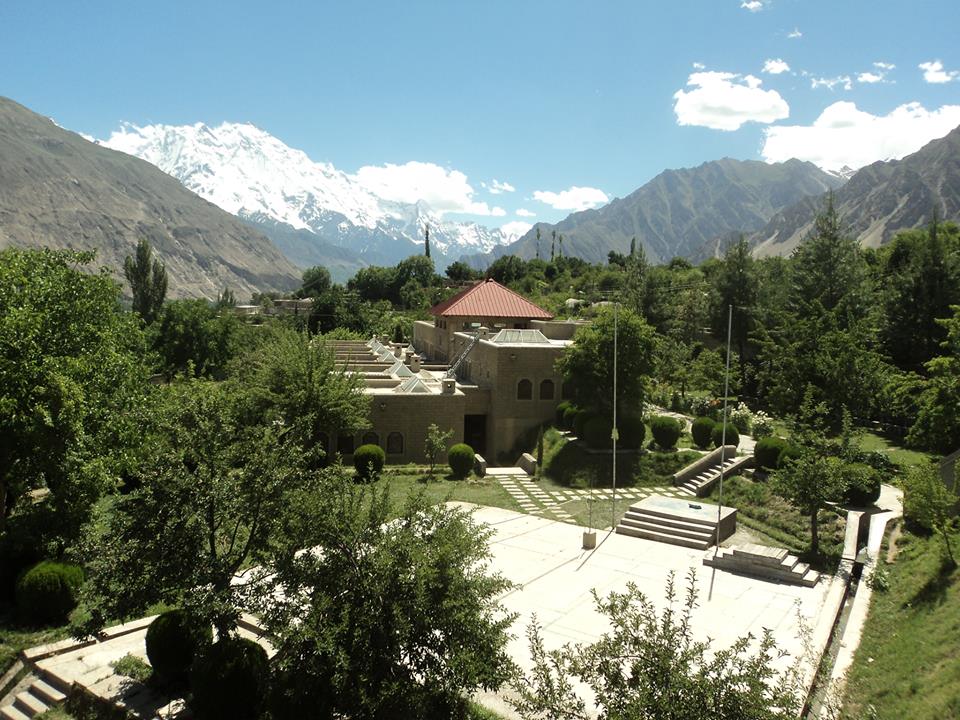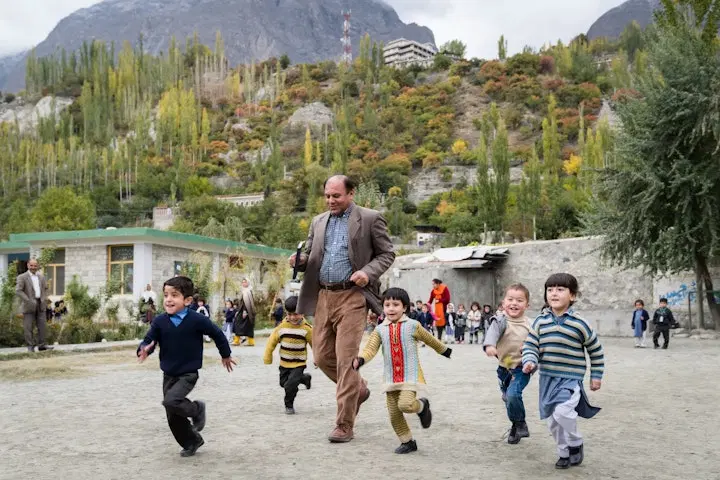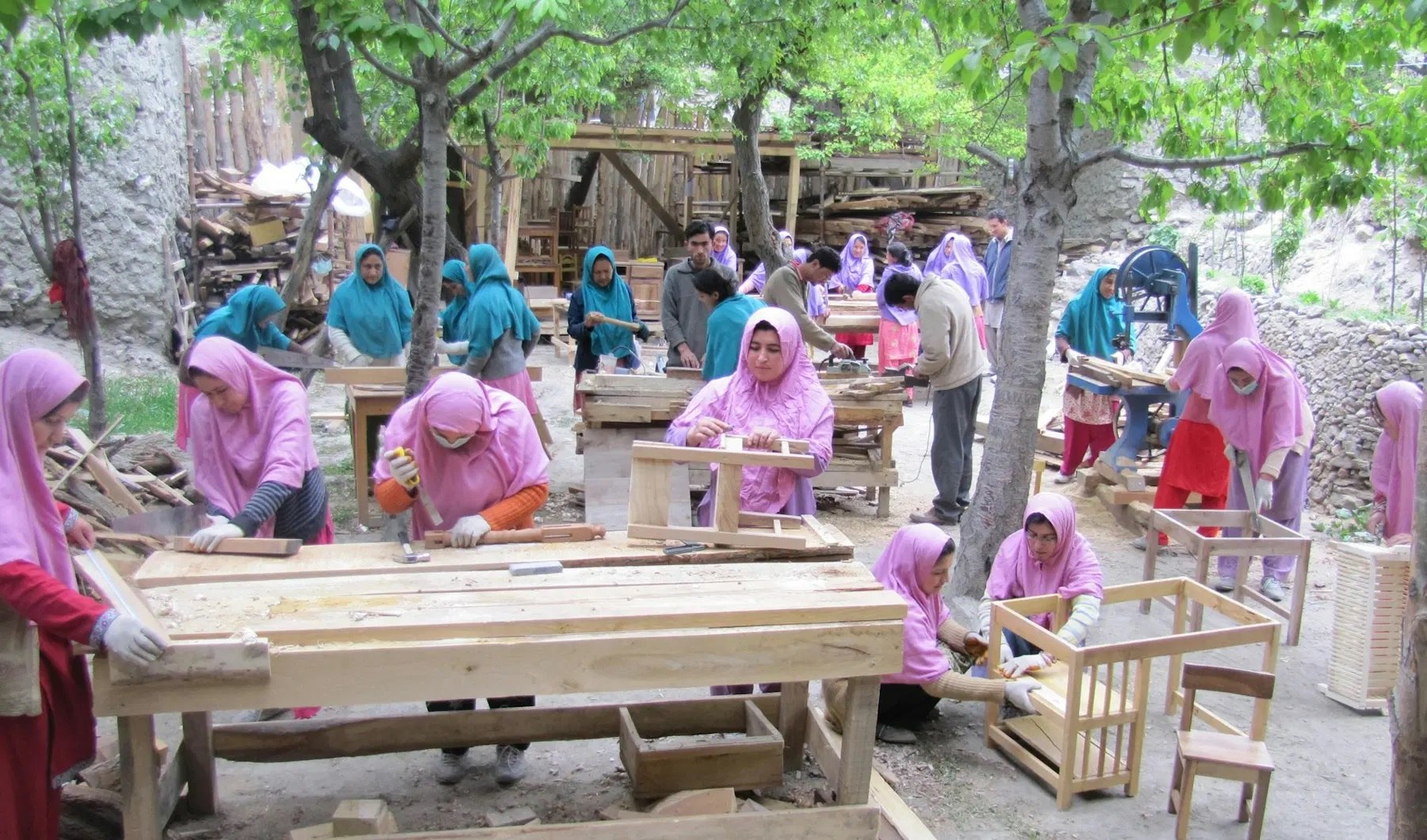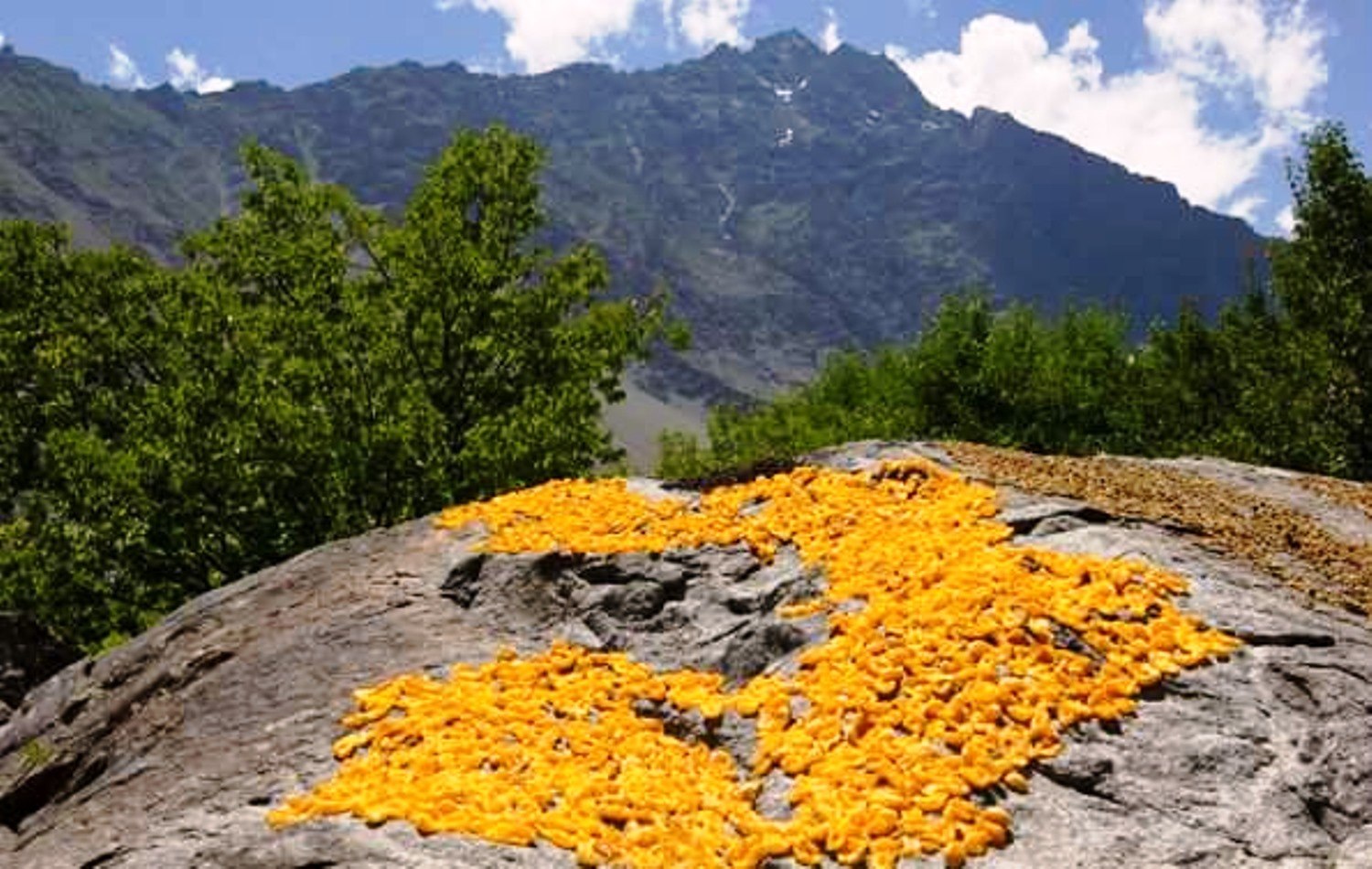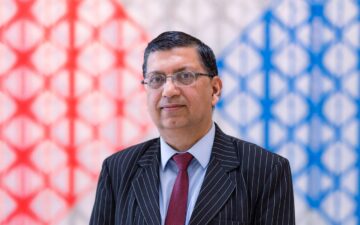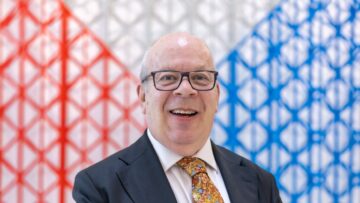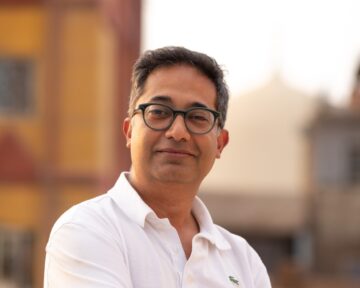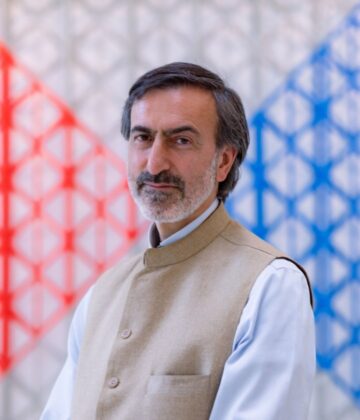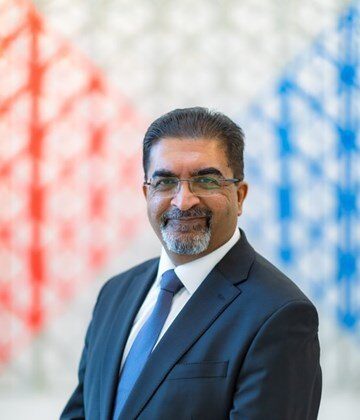Mountains of Resilience
In this episode of Voices of History, we meet with two remarkable women, Bibi Afroze and Siramdam Begum, from Hunza in North Pakistan. They share their recollections of the hardships of growing up in an isolated mountain community in the mid-20th century, but with an appreciation for its unique traditions, festivities and a profound sense of unity and hope. They also share their memories of the first-ever visit of an Ismaili Imam to the region in 1960, which has transformed the trajectory of the region.
As Bibi Afroze and Siramdam Begum were interviewed for the IIS Oral History Project in Burushaski, a language isolate spoken in Hunza, Nagar and Yasin valleys of North Pakistan, this episode of VOH is released in both English and the original language of Burushaski spoken in Hunza.
Similarly, Siramdam Begum vividly depicts women’s integral role in building and sustaining the community. Hunza’s women toiled to transform barren lands into thriving orchards, planting mulberries, apricots, and other fruits that would sustain generations. Their work was not just for their immediate families but for the collective well-being of the village and the community.
In times of grief, this deep-rooted solidarity shone even brighter. Siramdam remembers how families pooled their scarce resources- wheat, cloth, or simple meals—ensuring that no family faced hardship alone. This ethic of care, born of necessity and nurtured by tradition, formed the backbone of Hunza’s society and it continues to do so.
Bibi Afroze and Siramdam reminisce about these celebrations with palpable warmth. Whether it was sharing a simple meal of roasted wheat and diltar that is yogurt water at Ginani or gathering around bonfires during the long winters, festivities were deeply communal. Weddings, too, embodied this spirit of togetherness. Even with limited resources, the community would unite to celebrate, singing traditional songs, cooking in communal pots, and marking life’s milestones with heartfelt, if humble, ceremonies.
Both women’s recollections of their weddings—modest affairs without grand decorations but rich in tradition and collective joy—offer a window into a time when community spirit mattered more than material abundance.
Establishing formal education systems, bringing innovation in agriculture through rural support programmes, and new economic opportunities through the AKDN continue to transform Hunza and Gilgit-Baltistan at large from centuries of isolation and hardship. More importantly, this emphasis on education, organisation and self-reliance ignited a new sense of hope and possibility among the people.
Today, as we remember his extraordinary life and contributions following the transition of Ismaili Imamat from His late Highness to Prince Rahim al Hussaini Aga Khan V, the memories shared in this episode serve as a testament to Aga Khan IV’s enduring impact on human lives. In the words of our narrators, the Imam’s compassion and vision helped turn the dreams of Hunza’s elders into realities for their future generations.
The Oral History Project
By releasing this episode in both English and Burushaski, Voices of History aims to honour not only the stories themselves but also the linguistic and cultural heritage of Hunza. These narratives, rich in the textures of everyday life, celebrations, and transformative change, remind us that history lives not only in grand monuments or official records but in the voices and memories of those who built communities, endured hardship, and celebrated life in its simplest, purest forms.
As we listen to Bibi Afroze and Siramdam Begum, we are invited to witness a world shaped by resilience and grace—and to reflect on the remarkable journey of a community that, with the blessings and guidance of their Imam, moved from hardship to hope.
The Oral History Project of the Ismaili Special Collections Unit at The Institute of Ismaili Studies seeks to preserve the memories, experiences, and stories of members of Ismaili communities across the world in their own voices.
Do you have a story to share with the IIS Oral History Project? If you want to share your memories, the story of your family, or the story of an elder you know, please reach out to the Oral History Project Coordinator, Rizwan Karim at rkarim@iis.ac.uk.

